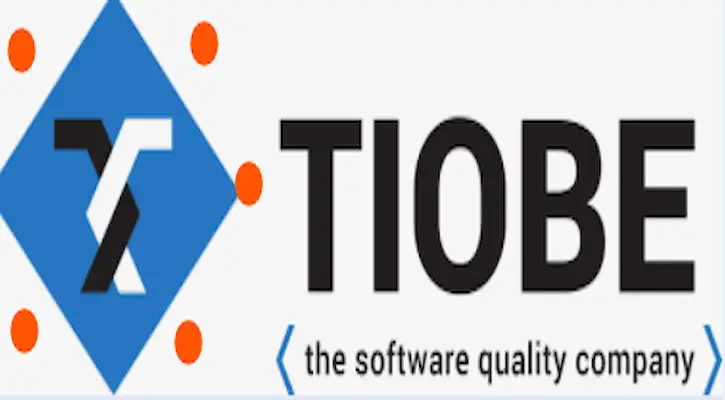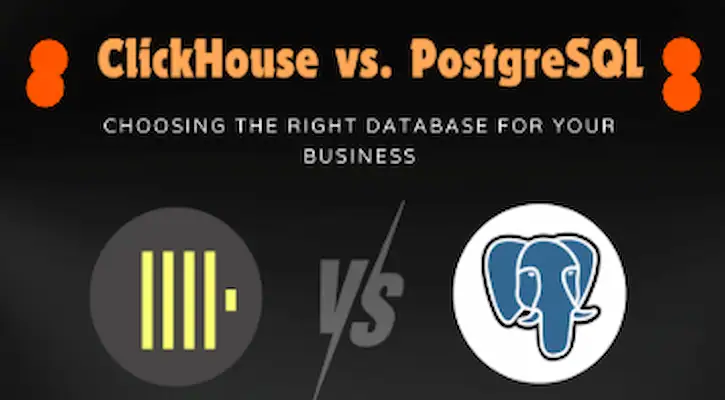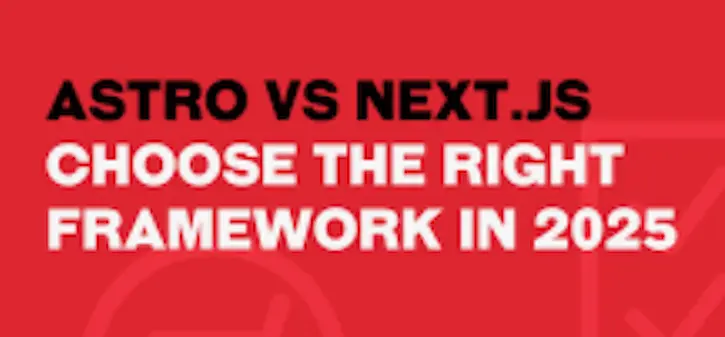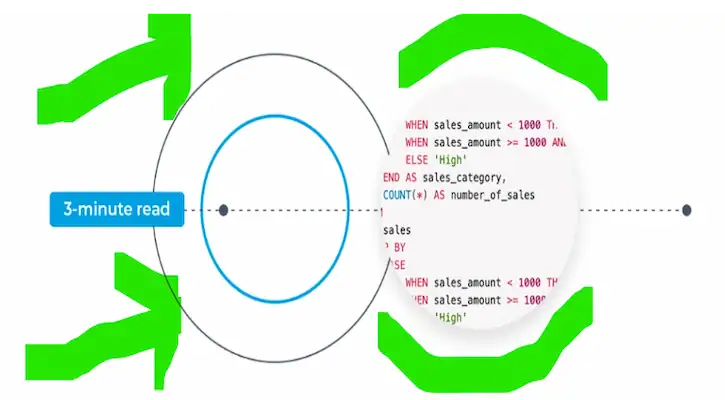Deno 2.5: Now with Improved Node Compatibility and Performance
In keeping with its goal of providing a contemporary safe runtime for TypeScript and JavaScript while enhancing compatibility with the Node.js environment the Deno team has formally launched Deno 2.5. For developers who want to take advantage of Deno simplicity and security without compromising compatibility with the extensive Node.js package ecosystem this change is crucial.
Discover what’s new in Deno 2.5 and why developers should care.
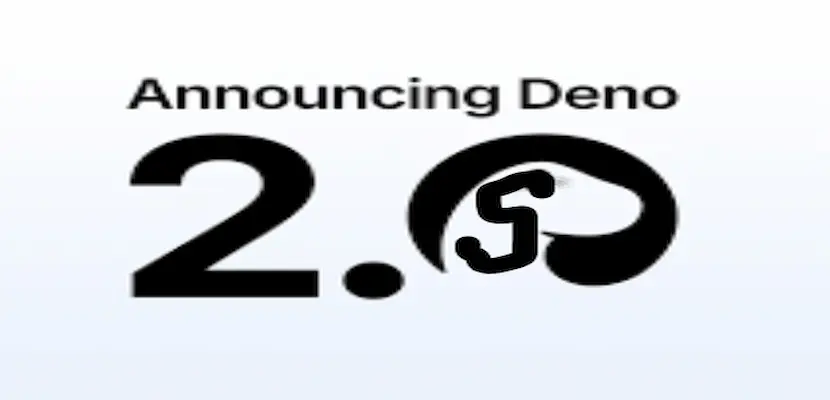
Significant Enhancements in Deno 2.5
1. Improved Compatibility with Node.js
Additional built-in Node modules are completely functional.
Better compatibility with NPM packages that use APIs particular to nodes.
Alongside ES modules need() and CommonJS modules are now better supported.
These enhancements make it easier for developers to switch from Node.js to Deno which makes hybrid projects and progressive migration plans possible.
2. Gains in Performance
Among the significant performance improvements offered by Deno 2.5 are:
Quicker script and CLI tool cold starts
Enhanced TypeScript translation speed through enhanced caching
Decreased memory consumption in lengthy operations.
With these improvements Deno is now an even better option for developing serverless features, edge computing implementations and backend applications where efficiency and startup time are critical.
3. The Standard Library has been updated
As the Deno standard library develops further it has
The HTTP server stability bug has been fixed.
Testing tools have been improved for more seamless CI/CD pipelines.
File system tools have been improved for consistent cross platform behavior.
The cleaner and more dependable standard library tools will be appreciated by developers who use Deno batteries included approach.
4. Stability and Security
Deno continues to adhere to the secure-by-default principle and version 2.5 adds:
Fixes for vulnerabilities found.
Enhancements to the permission system to provide more precise control over access to the file system, network and environment.
Permission stability enhancements for intricate processes that help developers create zero trust apps.
The Significance of This Release
Performance, security and contemporary tools are becoming more and more important in the JavaScript and TypeScript environment. These trends are supported by Deno 2.5 in the following ways:
Providing smooth TypeScript support right out of the box.
Offering a safe runtime with clear permission restrictions.
Enabling developers to easily take use of the extensive Node.js package ecosystem.
Deno 2.5 is an appealing option for organizations investigating contemporary backend design, edge functions or swapping out antiquated Node.js processes for a safe cutting edge substitute.
Applications for Deno 2.5
TypeScript support and quick cold starts are features of serverless APIs.
CLI Tooling: A contemporary runtime environment for developer tools with quick execution.
Edge Deployments: Runtime for edge computing and CDN systems that is lightweight.
Educational Environments: A contemporary and secure setting for studying TypeScript and JavaScript.
Hybrid Node Projects: NPM dependencies are maintained throughout a gradual conversion.
What Will Happen to Deno Next?
Deno’s roadmap consists of:
- Additional enhancements to NPM compatibility
- Improved profiler integrations and debugging tools
- Sophisticated packaging and deployment tools for smooth cloud integration.
The Deno team is still working to make it a practical up-to-date alternative to Node.js emphasizing developer experience while upholding strict security guidelines.
Concluding remarks
The introduction of Deno 2.5 represents a significant advancement for developers who want to use JavaScript and TypeScript to create cutting-edge, safe and quick apps. Deno is making a name for itself in the changing backend market with increased performance, better Node.js compatibility, and continuous stability enhancements.
For your tools server less and backend service requirements Deno 2.5 is worth investigating if you’re a developer or team thinking about your next project.

